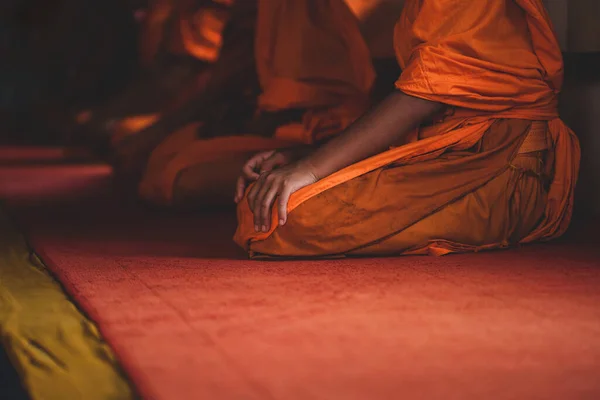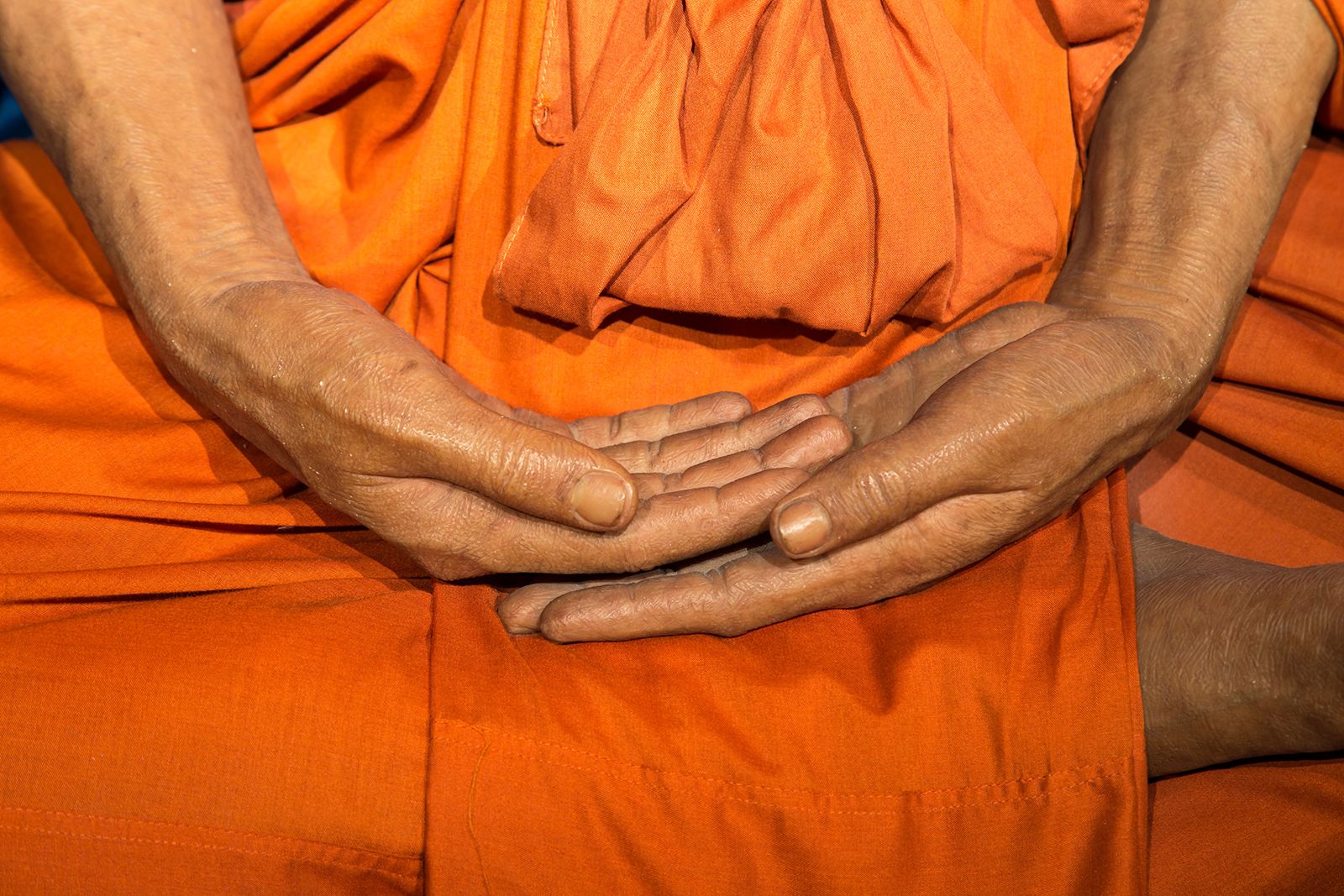


As the monsoon rains descend upon the lands, monks and nuns retreat to the shelter of monasteries, dedicating themselves to intensive meditation, study, and reflection. This ancient observance holds deep significance, offering practitioners an opportunity to deepen their practice and cultivate inner peace amidst the tranquil backdrop of the rainy season.
Vassa, which translates to “rain” or “rains,” originates from the time of the Buddha himself. It is said that during the rainy season in ancient India, wandering ascetics and mendicants faced numerous challenges due to the inclement weather. To provide them with a conducive environment for practice and to prevent harm to sentient beings, the Buddha instituted the practice of Vassa.
Lasting for approximately three lunar months, Vassa begins on the full moon day of the eighth lunar month and concludes on the full moon day of the eleventh lunar month. During this period, monks and nuns refrain from wandering and limit their movements, remaining within the confines of their monastic dwellings.


At Buddhist Maha Vihara, the observance of Vassa is marked by daily Dana (offering) for the monks and evening puja ceremonies throughout the three-month period.
Dana involves lay devotees offering alms to the monastic community, symbolizing their support and reverence for the monks and nuns engaged in intensive practice during Vassa. This act of generosity not only sustains the physical needs of the monastics but also fosters a sense of communal harmony and spiritual connection.

The evening puja ceremonies held at Buddhist Maha Vihara during Vassa provide an opportunity for devotees to come together and participate in communal worship.
Through chanting, meditation, and recitation of sacred texts, participants cultivate mindfulness and devotion, drawing inspiration from the teachings of the Buddha and the collective energy of the sangha. These nightly rituals serve as a focal point for spiritual practice, offering solace and guidance to those seeking refuge in the Dharma.
Moreover, Vassa serves as a reminder of impermanence and the cyclical nature of existence. Just as the rains nourish the earth and bring forth new life, Vassa offers an opportunity for practitioners to nurture the seeds of wisdom and compassion within their hearts, fostering spiritual growth and liberation from suffering.